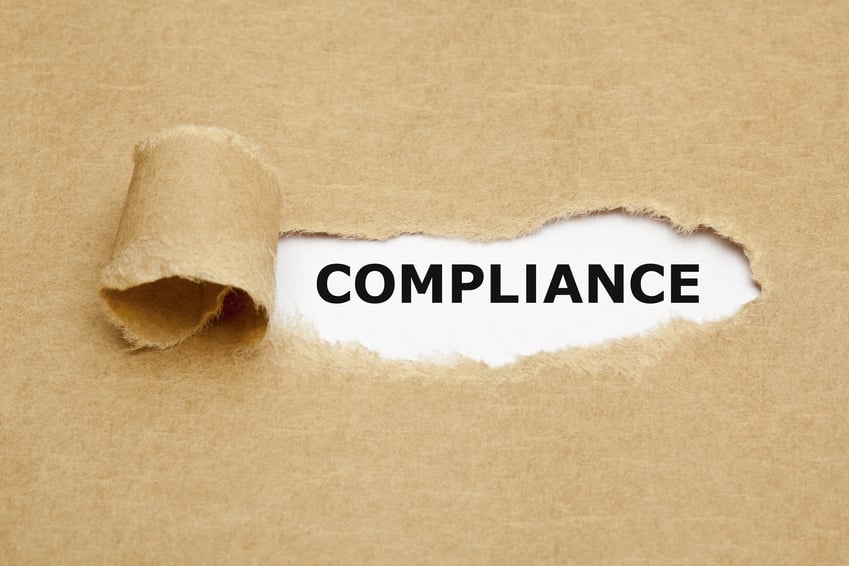In an anticipated and welcomed decision issued Friday, June 27, the Court of Appeals for the District of Columbia Circuit vacated a District Court ruling that had seemingly gutted the scope of the attorney-client privilege as applied to internal investigations. Generally, the attorney-client privilege applies to all communications, the primary purpose of which is to obtain legal advice. District Court Decision In Barko v. Halliburton, an employee whistleblower of Kellogg Brown & Root, Inc. filed a False Claims Act suit against KBR, and during discovery sought production of internal investigation documents concerning the fraud alleged in the suit. KBR argued that the documents were protected by the attorney-client privilege. The District Court disagreed, reasoning that the communications produced in the context of the investigation did not have the primary purpose of obtaining legal advice because they would not have occurred ‘but-for’ the fact that legal advice was sought – i.e., if there was any other purpose for the communications, privilege does not apply. Rather, the District Court explained, the investigation was also a product of KBR’s attempt to comply with regulatory law and corporate policy, not solely for the purpose of seeking legal advice. In the opinion, the District Court assigned great significance to the fact that KBR did not confer with outside counsel prior to initiating the investigation, that interviewed employees were not told that the purpose of the investigation was to obtain legal advice, and that non-attorneys conducted the interviews. The Barko decision generated apprehension within the business community and compliance bar, as it seemed to undermine efforts by companies to build up in-house compliance capabilities in response to higher expectations from and greater enforcement by the DOJ and other U.S. enforcers. If these in-house capabilities increased companies’ exposure to civil suits, there would arguably be a perverse incentive to limit and reduce the level of in-house compliance efforts. D.C. Circuit Opinion The D.C. Circuit’s opinion rejected the District Court’s ‘but-for’ test for attorney-client privilege, holding that seeking out legal advice must be only “one of the significant purposes of the investigation … even if there were also other purposes for the investigation.” The opinion specifically took issue with the District Court’s ‘but-for’ formulation of the test for attorney-client privilege, stating that it limits privilege to situations where seeking legal advice is the only purpose for the communications and, if adopted, would eliminate a large swath of communications previously considered privileged. The D.C. Circuit also disagreed with the procedural investigative ‘faults’ identified in the District Court’s opinion. In particular, the D.C. Circuit noted that a lawyer’s in-house status does not dilute the privilege, and conferring with outside counsel is not requirement to preserve privilege. Also, so long as non-attorneys are acting under the direction of attorneys, the privilege applies to communications made by and to such non-attorneys. As for the warning interviewees received prior to interviews, the D.C. Circuit noted that there are no ‘magic words’ a company must use to gain the benefit of privilege for an internal investigation, and that the interviewees in any case knew that the legal department was conducting a sensitive investigation. The D.C. Circuit explained that the correct standard for determining whether privilege applies is whether obtaining legal advice was one of the significant purposes for which the communication was made. In adopting this standard, the D.C. Circuit acknowledged the inherent difficulty of determining the precise reason for a communication when multiple, overlapping reasons exist (e.g., company policy, compliance with law). Practical Takeaway Naturally, the D.C. Circuit opinion will be welcomed by in-house legal and compliance departments. Nevertheless, companies should review their internal investigation procedures to eliminate any doubt of the privileged status of their investigations. For example, explicitly warning interviewees that the purpose of the interview is to obtain legal advice, and that the statements are privileged (i.e., via a typical Upjohn warning), is a simple way to clarify the nature of an investigation. Also, in-house attorneys should closely supervise non-attorneys working on the investigation so that it is obvious that the latter are working under the direction of an attorney.



